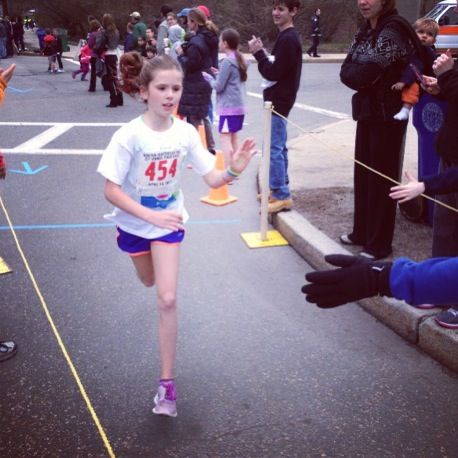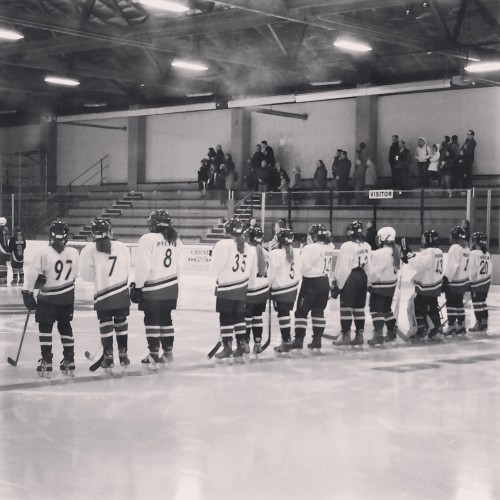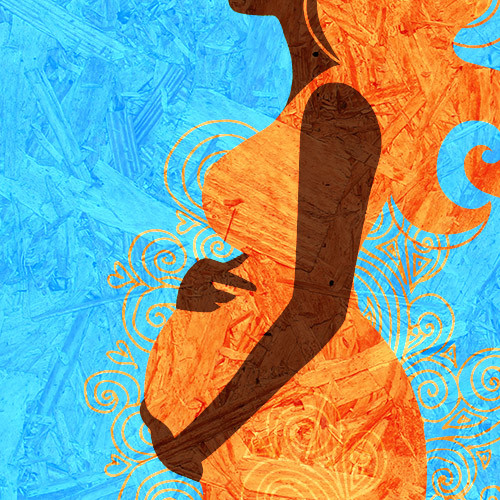I loved my friend Nina’s piece about mulling over what’s next for her as a writer. It rang every bell. I’m often asked if or when I’m going to write a book, for example, and I stutter when I try to answer. And then I’m asked what my blog is about, and I’m similarly tongue-tied and inarticulate as I attempt to respond to that question.
An aside: if you know what this blog is about, and can summarize it in a sentence, please tell me!
The truth of the matter is I used to want to write a book. Desperately. And I have tried. I’ve written one full draft of a memoir, a half draft of another, and most of a novel. I’ve been rejected by both agents and publishers, though I am hugely fortunate now to have a remarkable, extraordinary, way-too-good-for-me agent, Brettne Bloom (who just last week announced the formation of The Book Group, the news of which made me jump on the table and hoot and holler).
My point is, it’s not that I haven’t tried. I have. And the process of setting aside manuscripts and ideas has been hugely instructional for me. I realized that there are certain things I just don’t want to write a book about. My daughter’s adolescence is one of them. When I write here I can choose what to share. The expectations for disclosure when it comes to a book-length work are much higher, and I’m just not entirely comfortable, at least right now, with the idea of writing a memoir. It makes me uncomfortable to write so much about myself.
I recently had a reunion (graduate school) and so was catching up with people I hadn’t seen in years over the course of several days. More than a handful asked about my writing, which was enormously affirming. For any person who mentioned that my writing spoke to them over the course of the 15th reunion, thank you. I can’t possibly tell you what it means to know that you read and are moved by some of what I share. Thank you. But I answered a lot of questions about my plans for writing and the truth is … I don’t have a good answer.
More and more, I think what I am is a blogger. I love this blog. I love to write here. I love my readers, and the other blogs I read (which are numerous) regularly, and the online community I’ve been fortunate enough to find. I also love writing essays, and I hope to keep doing that and submitting them (though as Nina says I’m really tired of lists and link-bait posts – I say this knowing full well that my two most read and circulated pieces are lists, 10 things I want my daughter to know before she turns 10, and a similar list about my son). I’d love to be published more broadly either in print or online, and I’ll keep working at that.
But my true love is right here. I can’t decide if my waning focus on a book is a sign that I’ve given up or that I’ve accepted something essential. Letting go of the idea of writing a book has been a multi-year process. I wrote about it in 2012, for example (this was about the first memoir-length work). My life feels pretty abundant right now, with a full-time job and my rapidly-growing children whose stories are ever more their own (and thus not mine). I can’t imagine stopping writing here and I have no plans to. But does my lack of ambition about a book-length work mean I’m a quitter? I hope not, but I’m not sure.
I’d love your thoughts on the conversation Nina started, either as a writer (what are you working on, what are your goals, what are your thoughts on blogging these days?) or as a reader (what do you like to read, where should I submit, what else should I be writing about, and am I giving up by not pressing on a book right now?).



